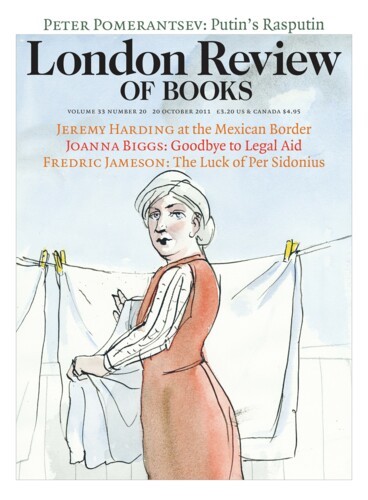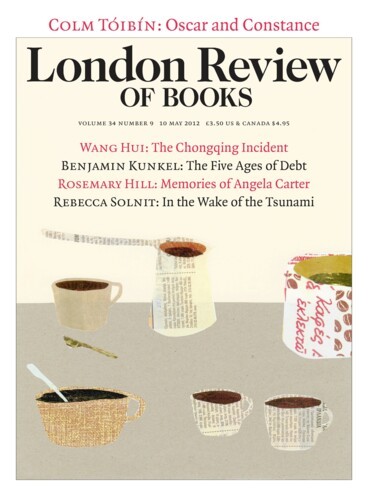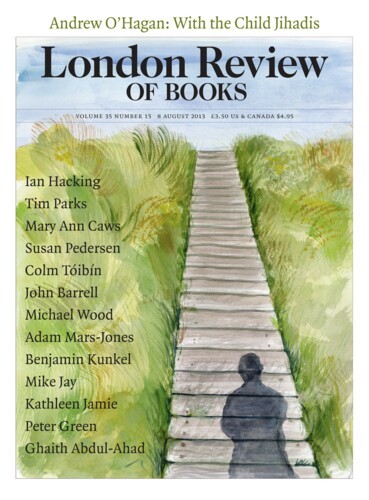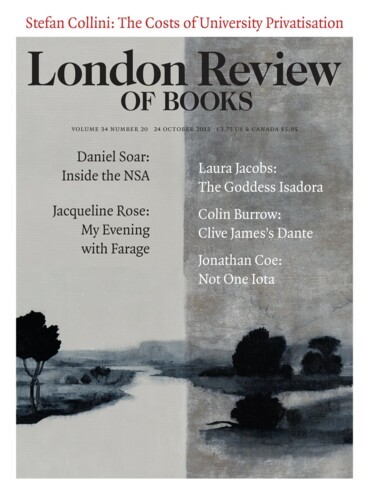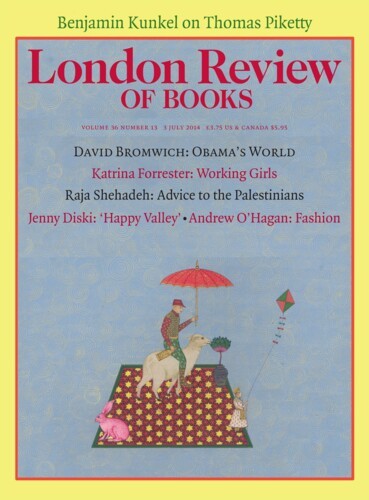Why can’t he be loved? Houellebecq
Benjamin Kunkel, 20 October 2011
Michel Houellebecq’s The Map and the Territory tells the story, from the standpoint of a future art history, of a canonical artist of the early 21st century, a Frenchman with the curiously American-sounding name Jed Martin. Such a backward-gazing Künstlerroman invites comparison with the trajectory of the author himself. And Houellebecq also includes a character bearing his own...
